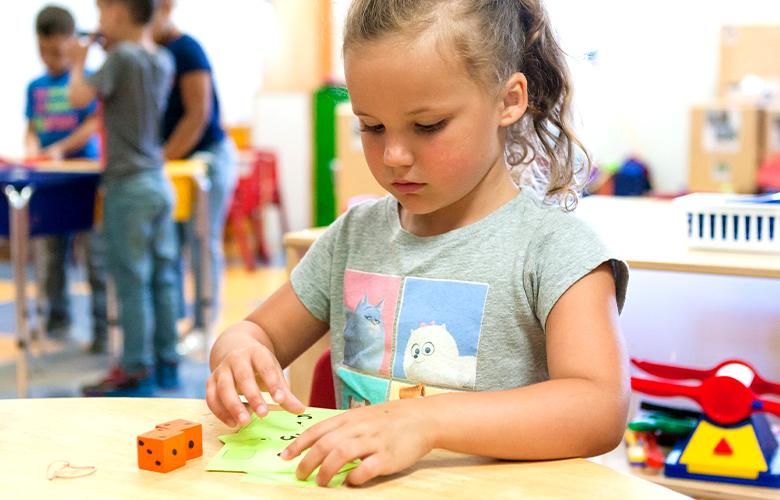
September 1, 2019
Resilient children have the social and emotional skills they need to face adversity with a sturdy disposition. Instead of fight, flight, or freeze, they rely on self-awareness, coping skills, and problem-solving. Helping children build resilience doesn’t need to be a complex project or a whole curriculum full of new strategies. Resilience is built in the small moments that occur throughout every day. Here are three simple yet effective ideas to try today.
- Teach children to be self-aware and reflective. Some children don’t understand why they get upset, lash out, or even shut down. If they have a hard time understanding their own strong feelings, they will struggle understanding and relating to others. Draw their attention to their behavior cues, such as “I see you’re clenching your fists,” “I notice your voice has gotten higher,” or “I see you getting closer to the door.” Point out the behaviors they use both when things are going well and when things are not going well. Children need to be aware of how their actions affect others. When you help children tune into their own words, feelings, and actions, you help them better understand how to make and keep friends.
- Model coping strategies. Talk the talk and walk the walk. Children need to see the adults in their world using healthy coping behaviors. Never tell a child “don’t get frustrated!” Instead, let children know that frustration is a feeling we all have and talk through how to cope. Try saying, “I’m feeling frustrated right now. So I’m taking a few deep breaths, and then I’ll try this again.” The more children see positive examples and coping strategies in action, the more likely they are to use these behaviors themselves.
- Encourage creative problem-solving. Most adults can think through a child-sized problem and come up with a variety of productive solutions. But solving children’s problems for them and not with them can be detrimental to building resilience. Adults can encourage children to state their problem clearly, listen to and consider another perspective, and propose ideas to get “unstuck.” Through trial and error, children will start to learn what works and what doesn’t work when faced with a problem. This type of hands-on problem-solving will lead to children becoming better problem-solvers, not just in the moment but for the long-term.
Karen Cairone is a senior training and technical assistance associate at EDC, designing tools and resources that help early childhood educators, leaders, and parents promote young children’s mental health and resilience.
Add new comment